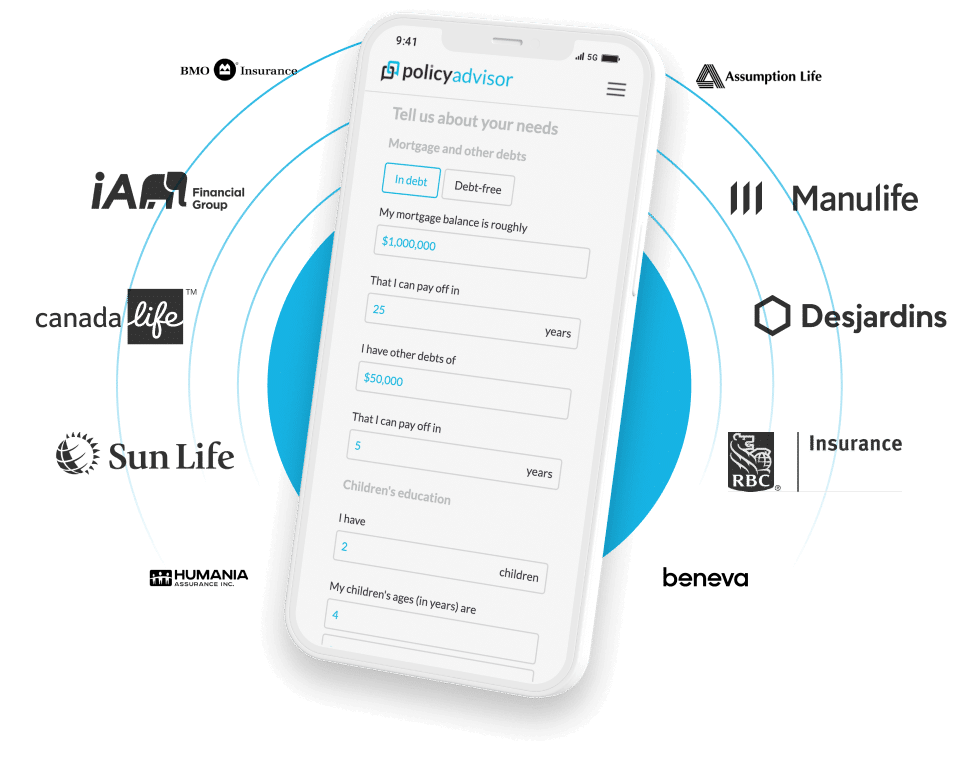
Do you need to close your bank account but aren’t sure where to start? Here we’ll provide you with a step-by-step guide of everything you need to know before and during the process!
The steps you should take before you close your bank account
Closing your bank account is not as simple as you may think. There are a number of actions that you must take before you close your account.
1. Open a new bank account at another bank
You want to make sure you have a place for your funds to go when you close your current bank account. Figure out which bank you’d like to open an account with and open an account before you close your existing account.
2. Change your automatic payments and pre-authorized debits
You most likely have at least one automatic payment or pre-authorized debit deducted from your account each month, whether for home insurance, an auto loan, or a student loan payment. If you don’t change these payments, you could be hit with Non-Sufficient Funds fees when your payments bounce.
Review your entire transaction and/or billing history on your current account to figure out which payments you need to change. Set these payments to be deducted from your new account as soon as possible so that you don’t have to worry.
Make sure your employer receives your new banking information as soon as possible to ensure you don’t miss a paycheque. This is also a good time to update your banking information with the CRA.
3. Transfer your funds to your new bank account!
Doing so will almost always prevent you from encountering balance transfer fees from your bank upon closing. If you don’t have funds in your account but a negative balance instead, you will need to resolve this balance before you can close your account.
What you need to do to close your bank account
Depending on your banking institution, you may be able to close your account online. Some banks require that you visit a branch in-person. Other banks are embracing new technology and online banking and allowing clients to close accounts online, but sometimes it may be cheaper to do it in-person and avoid fees.
*Take note, while the below is generally true for most financial institutions in Canada, COVID-19 protocols have changed the rules and restrictions and many banks now offer the option to close accounts over other channels like email or phone. One should contact their own bank to find out what rules are currently in place.
Closing a bank account with Bank of Nova Scotia (Scotiabank)
If you bank with Scotiabank, you will have to visit a branch in-person in order to close your account.
If you decide to close your account within 90 days of opening it, Scotiabank will charge you $20. They will also charge you $20 if you need to transfer your balance to another financial institution (and haven’t done so already).
Closing a bank account with Royal Bank of Canada (RBC)
There are three ways that you can close a bank account with RBC: you can visit a branch in-person, you can call customer care, or you can send secure mail through its Online Banking service.
It is free to close an account within 15 days of opening it. They will charge you a $20 fee if you close your bank account after 15 days, but the fee is waived if you decide to close your account in-person at a local branch.
Closing a bank account with Bank of Montreal (BMO)
When you need to close your bank account with BMO, you must visit a branch in-person in order to do so. There are a few fees associated with closing your account at this banking institution.
If you close your account within 90 days of opening it, you will be charged $20. You will also be charged $20 if you have a remaining balance that you need to transfer to another bank.
Closing a bank account with the Canadian Imperial Bank of Commerce (CIBC)
To close your bank account with CIBC, you can do so in-person at a local branch or over the phone. There are many fees associated with closing a bank account with CIBC. If you are closing your account with CIBC, they will charge you $19.50 to transfer your balance upon closing unless you do it yourself beforehand.
If your account requires a minimum balance and you have not maintained it in the recent period, you will be charged $45. If you decide to close your account within 90 days of opening it, you will be charged $20. Keep these fees in mind before you close your account.
What happens when you close your bank account
If you follow the above steps when you close your bank account there should be no negative repercussions. You won’t be hit with any NSF fees because you’ve already updated all of your pre-authorized payments. Your credit score won’t be affected when you close a bank account that was closed in good standing. If you transfer your remaining balance before initiating the closing process, you will miss those pesky $15-$20 fees that almost every banking institution seems to charge to transfer your balance.
Closing your bank account isn’t as easy as clicking a button on your computer or calling a phone number. You’ll need to put in some time and effort to ensure your new account is set up correctly and that all payments and paycheques have been updated accordingly. Following the advice found here will ensure that closing your bank account will be a quick and easy task no matter your banking institution.
Learn more about Canadian financial basics here:


 1-888-601-9980
1-888-601-9980

